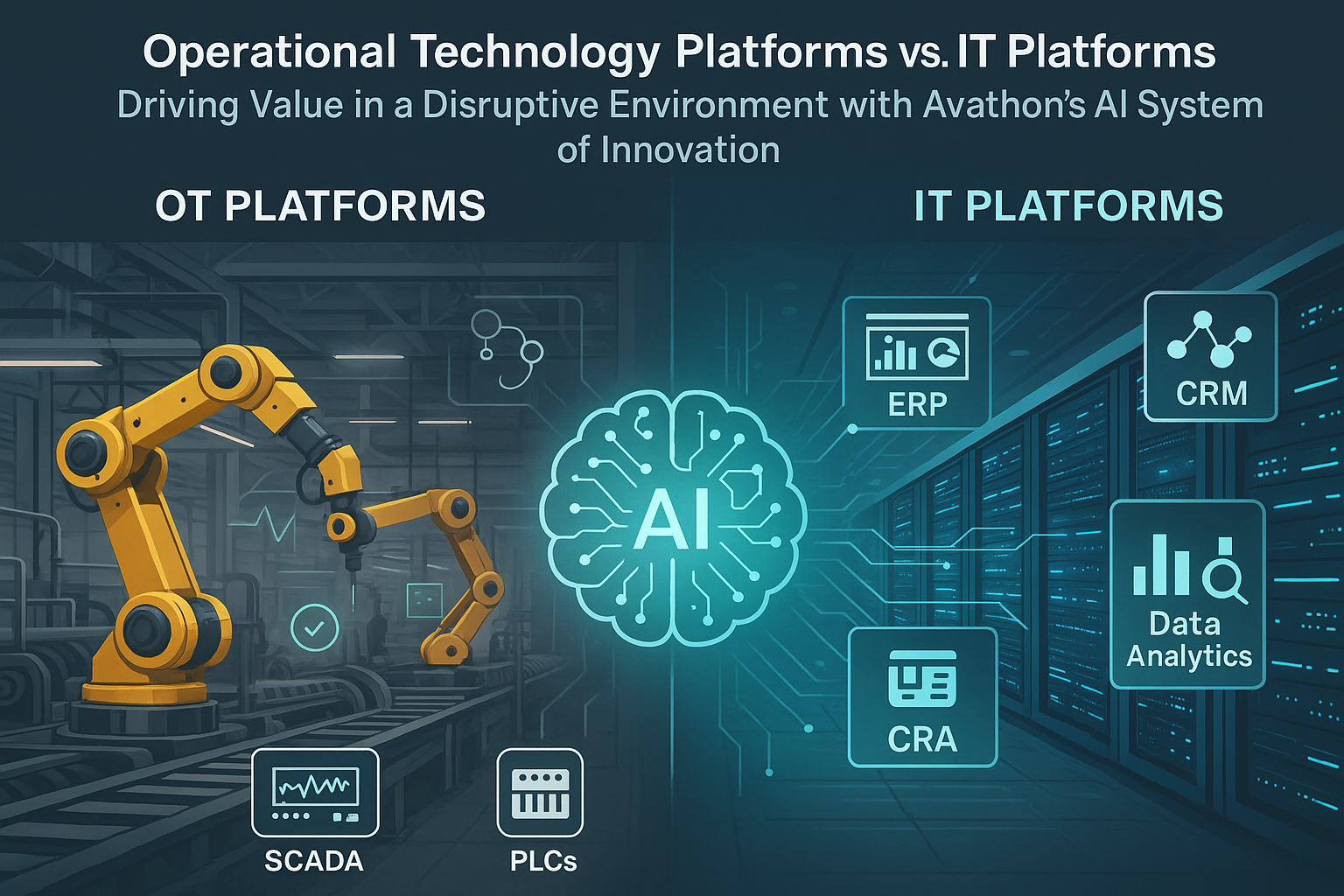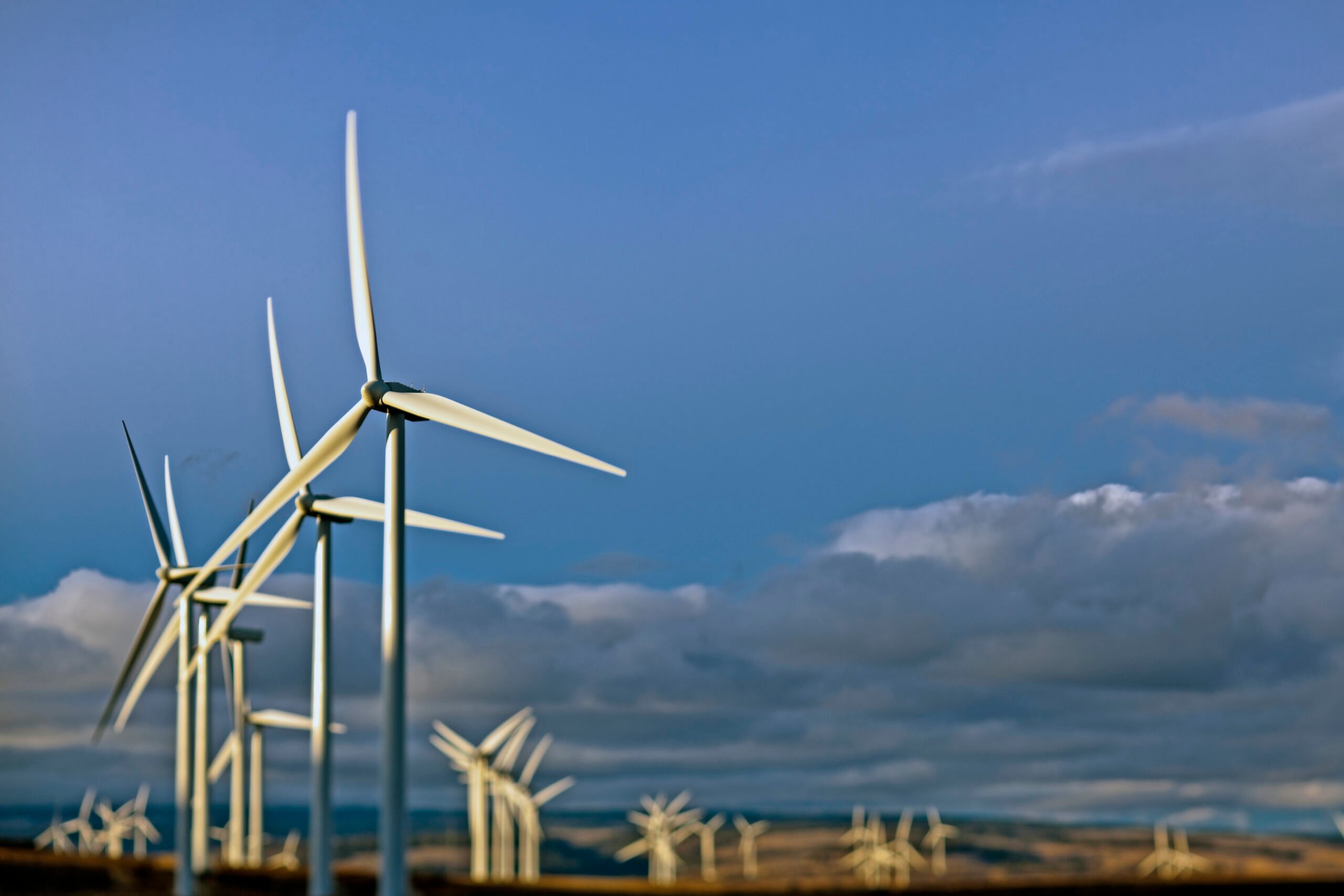Few industries adapt as quickly to consumer wants and needs as manufacturing. As goods like food, beverages, and household products require routine replacement or replenishment, consumer-packaged-goods (CPG) manufacturers must be at the top of their game throughout the entire supply chain process to meet and exceed those needs while also maintaining product quality. Using Industrial AI to reduce waste and promote sustainability both saves money and improves consumer sentiment about the brand.
Is using Industrial AI to reduce waste really that important? In a 2022 IBM study with the National Retail Federation:
- Half of consumers say they’ve paid up to a 59% premium for products branded as sustainable.
- 62% of personal investors say they take sustainability into effect in managing their portfolios, up from 48% in 2021.
- Two out of three respondents say they are more willing to apply for (67%) and accept (68%) a job with a sustainable company.
Sustainability initiatives are nothing new in the manufacturing industry, but that doesn’t mean CPG companies should stop searching for new ways to make a positive impact on the global environment while satisfying ever-evolving consumer demands.
Industrial AI software reduces CPG water use
Approximately 19% of the 4.3 trillion cubic meters of water withdrawn globally from freshwater basins each year is used by industry, according to McKinsey & Company, The US has a much higher than average water consumption rate, with industrial usage at 37%.
Why do we use so much water? The US Census Bureau estimates that the US manufacturing industry requires 18 billion gallons/day of water for production operations, whether as an ingredient for products, to clean facilities, or to keep heating and cooling systems functioning. In some cases, hundreds of gallons of water are needed for just one dollar’s worth of output. As well, the manufacturing industry is prone to experiencing leaks that waste significant amounts of water.
How AI predictive analytics reduces CPG waste
Many critical manufacturing assets are already outfitted with sensors that collect production data; CPG companies can gain actionable insights and process visibility to address inefficient operations.
AI-powered machine learning algorithms can ingest historical operational data and use it to model “normal” operations, e.g., how much water a beverage producer uses to create a product. If more water is being used than necessary, the model alerts operators, allowing them to quickly take action before more waste occurs—all without retrofitting existing processes.
Unplanned equipment downtime can also generate significant waste. But rather than wait for critical assets to break down, CPG companies can use predictive analytics to perform preemptive maintenance, foreseeing and averting asset failures before they happen.
A Fortune 50 beverage producer recently came to Avathon because it was struggling with operational efficiencies in its manufacturing plants. By leveraging the Industrial AI predictive analytics platform, the beverage producer identified process anomalies that caused inefficient water usage during both production and non-production time, curbing asset downtime, increasing production, and achieving significant waste reduction targets.
Industrial AI goes beyond manufacturing
AI helps to significantly reduce waste in manufacturing processes, but that means there’s also an opportunity to support sustainability initiatives beyond manufacturing and throughout the supply chain.
Just look at plastic: a commonly used packaging material because it’s inexpensive and versatile. It also poses severe environmental risks. An estimated 100 billion plastic bottles are produced in the US each year. However, only a small fraction are ever recycled. AI and other emerging technologies have the potential to transform the way companies recycle plastics and other materials.
Some recycling facilities have implemented sensors and robotics that can sift through materials and learn to identify recyclables. Such AI-powered visual systems can recognize recyclables, including plastic cartons and bottles, using image recognition technology to lower recycling costs and make recycled materials a practical alternative to creating new plastic.
As the CPG industry becomes increasingly committed to a more sustainable future, leaders and key decision-makers must acknowledge that adaptability is the new competitive advantage—one that will enable them to achieve their sustainability goals and ultimately align their organizations with their customers’ values.
Learn more about Avathon’s manufacturing solutions.




